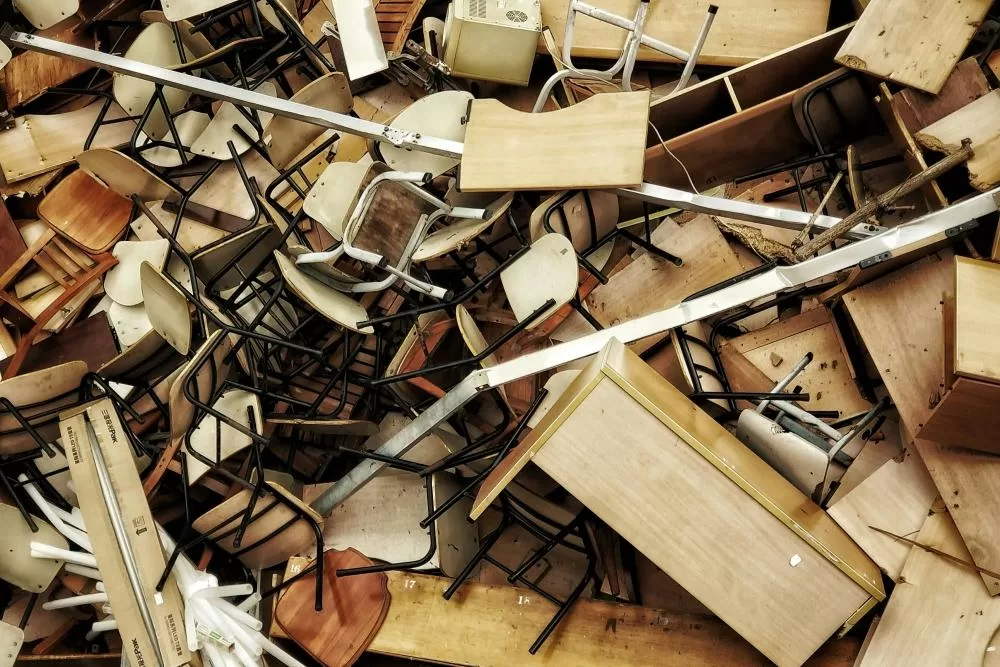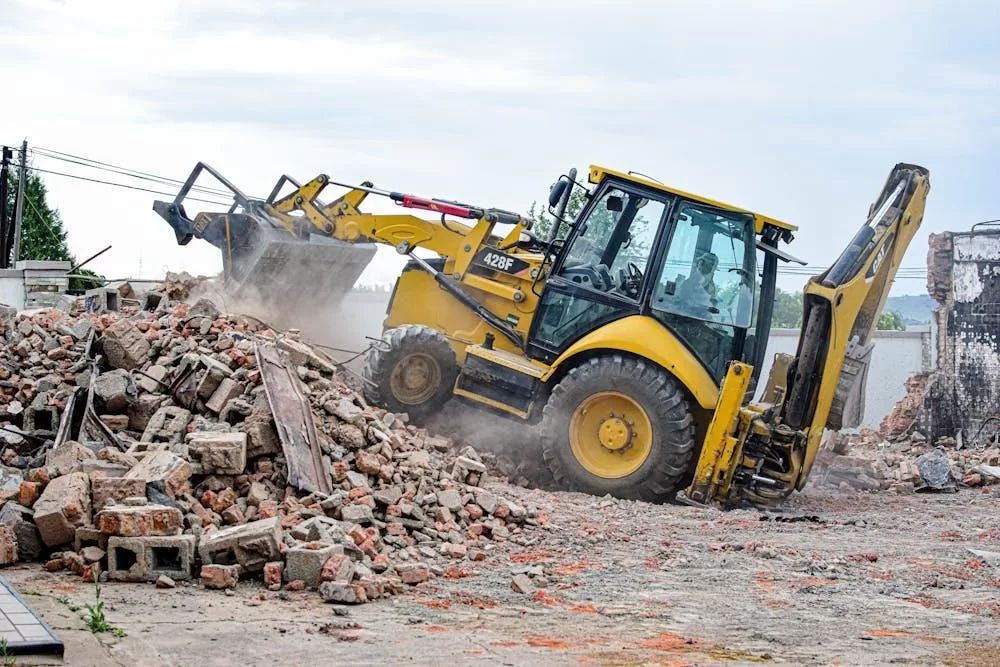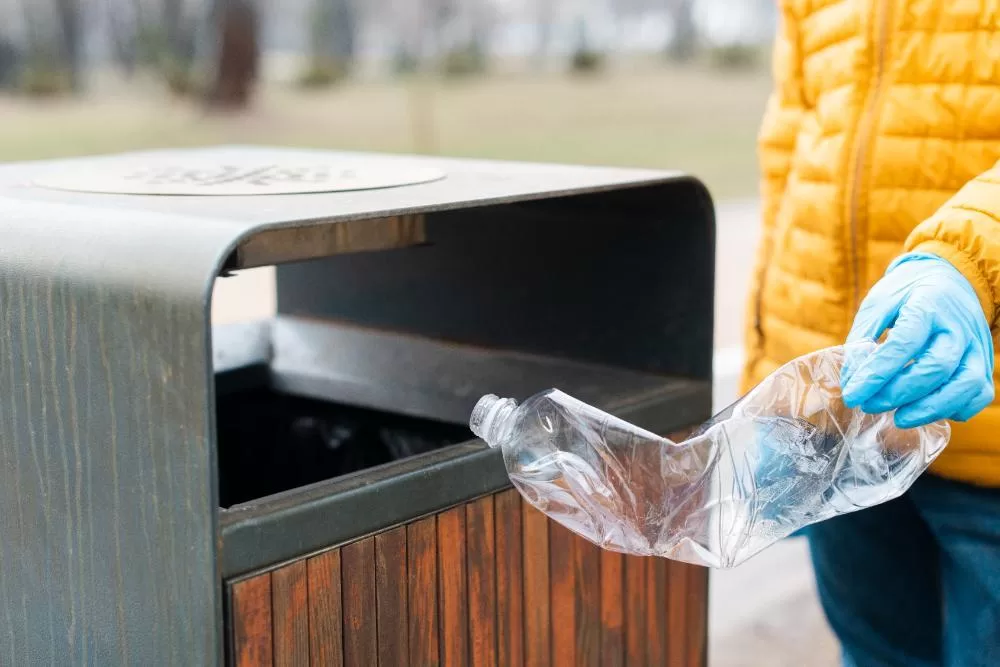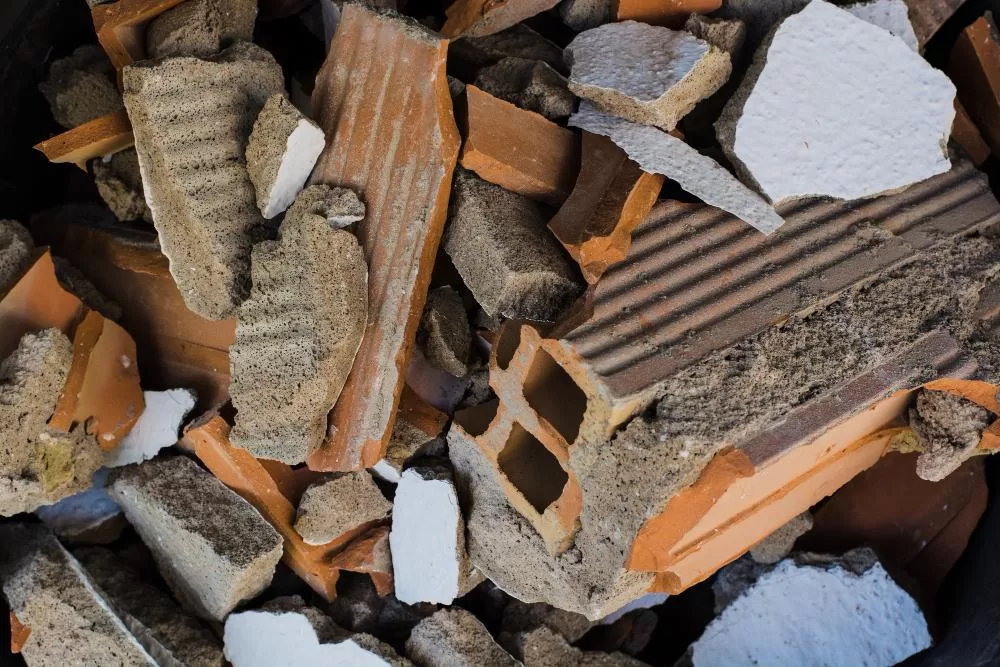In the bustling urban landscapes of cities like Singapore, furniture waste often remains a significant, yet overlooked environmental concern. As urban development continues to expand, the demand for furniture inevitably rises, leading to increased disposal rates and associated ecological footprints.
BNL, a leader in innovative waste management solutions, is committed to pioneering sustainable practices for managing furniture waste, ensuring that what was once deemed waste transforms into a resource for future use.
The Furniture Waste Dilemma
The issue of furniture waste is a growing concern in urban settings, where the turnover of furniture items is high due to factors like rapid urbanisation, lifestyle changes, and constant interior redesigns. Annually, countless tonnes of sofas, desks, cabinets, and other furnishings are discarded, contributing significantly to urban waste streams.
Originating mainly from residential, commercial, and institutional sectors, these bulky items are not only difficult to transport and store due to their size but also present recycling challenges due to their mixed material composition, including wood, metal, plastics, and fabrics.
The complexity of furniture disposal is compounded by the environmental impact of sending these materials to landfills, which contribute to significant emissions and waste of recoverable resources. Efficient furniture waste management thus requires innovative approaches that emphasise recycling and reuse, turning a logistical challenge into an opportunity for sustainable practice.
BNL’s Sustainable Approach to Furniture Waste Management
Addressing these challenges head-on requires a multifaceted strategy that prioritises recycling, refurbishing, and repurposing. The process starts with detailed collection and sorting, assessing each item for potential reuse or material recovery.
Suitable furniture is refurbished and often donated to charity, supporting community initiatives and reducing waste. For items beyond repair, components such as metals, wood, and plastics are salvaged for recycling, which helps divert waste from landfills and reduces the demand for virgin resources.
The integration of digital systems and automation in waste management also enhances the efficiency of these processes, ensuring precise tracking and management from collection to final disposition. This method not only tackles the logistical challenges of furniture waste but also supports broader environmental sustainability goals, fostering a circular economy.
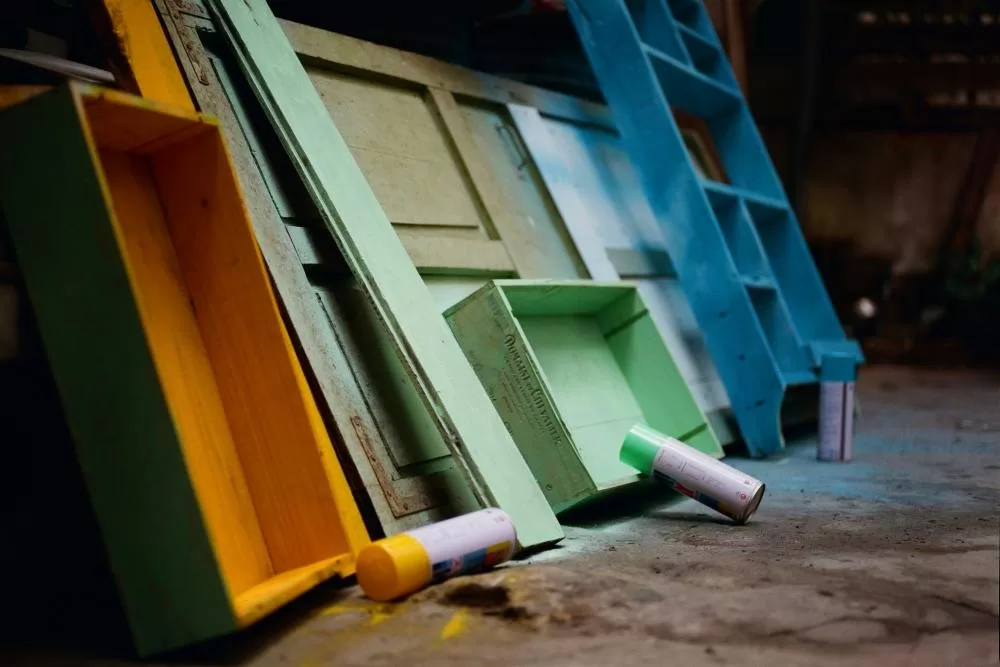
Repurposing and Recycling Initiatives
Efforts to minimise furniture waste focus on repurposing and recycling. Furniture suitable for reuse is refurbished and donated to charities and community centres, extending its life and supporting social projects. Materials from irreparable items are recycled: wood is transformed into panelling, metals are smelted for reuse, and fabrics find new uses in industrial applications.
These initiatives help reduce landfill reliance and promote sustainable resource use. Collaborations with local artisans and environmental projects further enhance the capacity to turn waste into valuable products, exemplifying a commitment to sustainable waste disposal services.
Leading the Charge in Sustainable Furniture Waste Management
As the challenge of furniture waste grows, the need for innovative and sustainable management strategies is more critical than ever. BNL’s commitment to eco-friendly furniture removal in Singapore showcases a progressive approach to waste management that prioritises the environment and resource conservation.
By implementing recycling and repurposing initiatives, there may be a marked reduction in the environmental footprint of furniture waste. This approach alleviates the strain on landfills and underscores a broader commitment to sustainability. It also reflects a dedication to transforming the sector by fostering a circular economy where materials are continuously reused and recycled.
Such sustainable practices are essential in leading the industry towards a greener future, setting new standards for environmental responsibility in waste management. Through these efforts, the charge towards a sustainable future is not just a goal but an ongoing reality, demonstrating how innovative solutions can redefine waste management.
